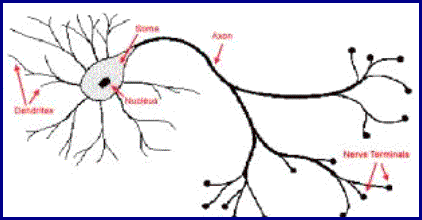Tuesday, February 6, 2007

Effects of Oxytocin in general
- Sexual arousal. Oxytocin injected into the cerebrospinal fluid causes spontaneous erections in rats, reflecting actions in the hypothalamus and spinal cord.
- Bonding. In the Prairie Vole, oxytocin released into the brain of the female during sexual activity is important for forming a monogamous pair bond with her sexual partner. Vasopressin appears to have a similar effect in males. In people, plasma concentrations of oxytocin have been reported to be higher amongst people who claim to be falling in love. Oxytocin has a role in social behaviors in many species, and so it seems likely that it has similar roles in humans. It has been suggested that deficiencies in oxytocin pathways in the brain might be a feature of autism.
- Maternal behavior. Sheep and rat females given oxytocin antagonists after giving birth do not exhibit typical maternal behavior. By contrast, virgin sheep females show maternal behavior towards foreign lambs upon cerebrospinal fluid infusion of oxytocin, which they would not do otherwise.
- Various anti-stress functions. Oxytocin reduces blood pressure and cortisol levels, increasing tolerance to pain, and reducing anxiety. Oxytocin may play a role in encouraging "tend and befriend", as opposed to "fight or flight", behavior, in response to stress.
- Increasing trust and reducing fear. In a risky investment game, experimental subjects given nasally administered oxytocin displayed "the highest level of trust" twice as often as the control group. Subjects who were told that they were interacting with a computer showed no such reaction, leading to the conclusion that oxytocin was not merely affecting risk-aversion. Nasally-administered oxytocin has also been reported to reduce fear, possibly by inhibiting the amygdala (which is thought to be responsible for fear responses). There is no conclusive evidence for access of oxytocin to the brain through intranasal administration, however.
- According to some studies in animals, oxytocin inhibits the development of tolerance to various addictive drugs (opiates, cocaine, alcohol) and reduces withdrawal symptoms.
- Preparing fetal neurons to delivery. Crossing placenta, maternal oxytocin reaches fetal brain and induces a switch in the action of neurotransmitter GABA from excitatory to inhibitory on fetal cortical neurons. This silences fetal brain for the period of delivery and reduces its vulnerability to hypoxic damage.
- Certain learning and memory functions are impaired by centrally-administered oxytocin.
4:00 PM
let our love blossom this valentine..
